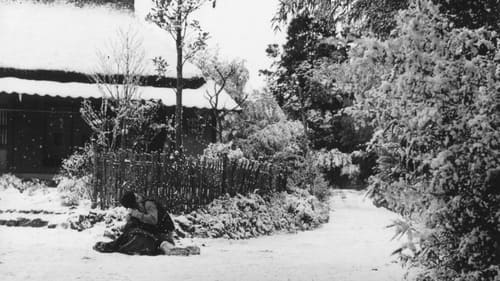
Based on a novel by Tsutomu Mizukami, this haunting melodrama focuses on a young bamboo worker who takes his father's prostitute as his wife.
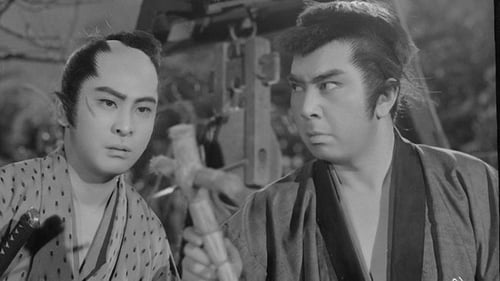
Nishina Saburouta is powerful but corrupted priest. One night, an old samurai who couldn't bear him any more, attempts to kill him, but without success. Saburouta is rescued by his niece, Keisuke at the last moment. Keisuke is a a good-for-nothing. Since that event, he always turns to his uncle when he needs money. Recently Keisuke feels his uncle isn't as generous as he used to be, he suspects that Saburouta has found out the illicit relation between Keisuke and his uncle's young mistress, Ohasu.

The Fencing Master tells the story of a man trying to survive as the only world he knows is becoming increasingly irrelevant. Danpei Ichikawa lives for swordfighting – he was once a renowned kabuki swordfight choreographer, and as the Chairman of the New National Theatre Company, he wants nothing more than to choreograph the swordfights for the modern plays put on by the company.
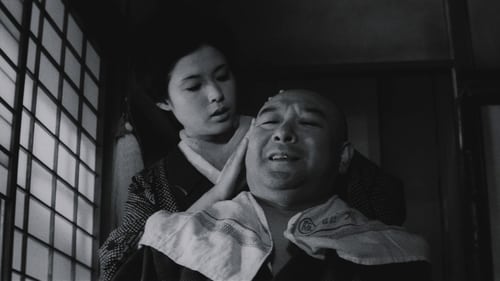
Sukezô Hisama
Satoko is a mistress by trade or fate: when her master, the silkscreen artist of the Kohoan Temple in Kyoto, dies, she is given to the temple's lascivious head priest Kikuchi. She is drawn to a melancholy young acolyte, Jinen, who has observed the profligacy of his cruel master and Satoko's utter dependence on the man. Jinen is both fascinated and disturbed by Satoko's interest in him; he is similarly caught between loathing of Kikuchi and of the dark circumstances of his birth and his own moral weakness. The story unfolds in a dreamlike manner—a flashback inspired by a now-infamous image on a silkscreen in the souvenir shop at the so-called Temple of the Wild Geese.
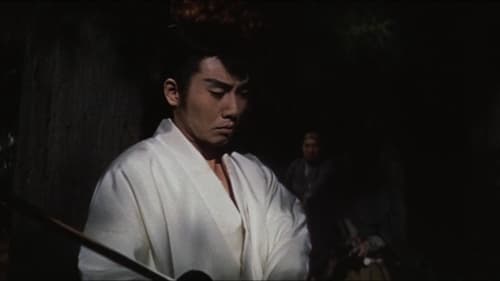
The sequel to Daibosatsu tôge (1960) and the second of the trilogy follows the adventures of Ryunosuke Tsukue after he is blinded.
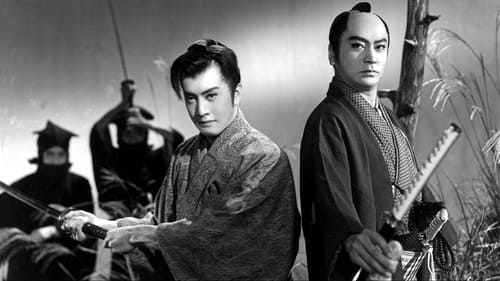
A gripping historical drama full of suspense and a mysterious bewitching mood. A puzzle of a turbulent era in which various characters fall into a maelstrom of events - a pretty girl, a strange beggar woman, a charming thief, a clever detective, the famous magistrate Toyama Saemon no jo, they all struggle to unravel this mystery of the white bell, which provoked the sudden disappearance of two beautiful women caught in one place at the same time at midnight.

Film directed by Kenji Misumi.

The film won 1959 Blue Ribbon Awards for best actor Raizo Ichikawa and for best cinematography Kazuo Miyagawa. The film also won 1959 Kinema Junpo Award for best actor Raizo Ichikawa.

During the 1200's, legendary Buddhist monk Nichiren returns from his studies to lead Japan out of moral crisis and prepare to fight Mongol invaders by creating a new form of Buddhism. He runs afoul of the existing Buddhist sects and their government supporters and is persecuted. Can Nichiren persevere before the Mogol fleet reaches Japanese shores?

While transporting a bride-to-be in a closed carriage (kago) while during a thunderstorm, a group of servants and onlookers suddenly come upon an apparition of a ghostly white-draped female figure floating down to the ground. As she turns to face the crowd, the woman reveals the disfigured right side of her face. As the procession stands in utter horror, the ghost then takes flight again and down a side street. After the shock wears off, the bride is checked on and everyone is safe in the group. Once the wedding party finally arrives at the groom's home, they apologize for the delay... and proceed to open the kago, only to realize that the bride-to-be is now missing... and all that's left in the carriage is a single white snake slithering about.

A traditional bar mistress in Kyoto clashes with her Tokyo rival.

Tennojiya
A poor peasant, after years of scraping, becomes a rich and powerful Osaka merchant. Mizoguchi Kenji's final project; he died before completing it and directing duties turned over to Yoshimura Kozaburo.

Film adaption by Kenji Misumi
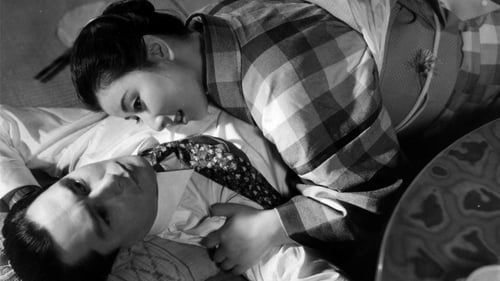
In Kyoto a young kimono maker with traditional ideas gets involved with a married professor.

Head of travelling actors
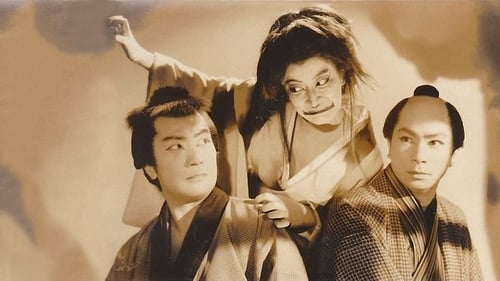
A kabuki actress is murdered. Her pet cat laps its mistress's blood and becomes a demon possessed by the vengeful murder victim.
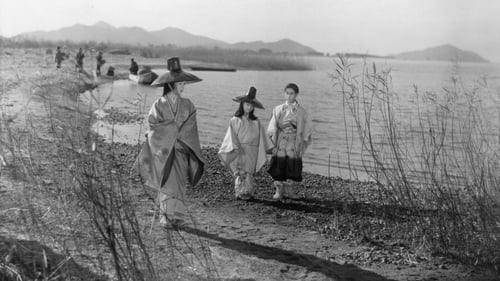
In medieval Japan, a woman and his children journey to find the family's patriarch, who was exiled years before.
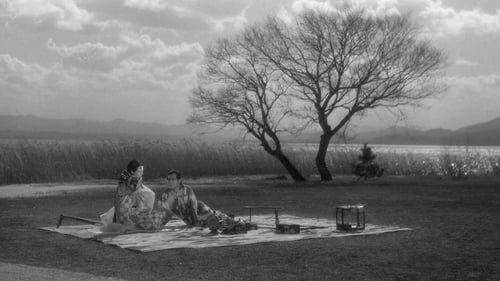
Boatsman
In 16th century Japan, peasants Genjuro and Tobei sell their earthenware pots to a group of soldiers in a nearby village, in defiance of a local sage's warning against seeking to profit from warfare. Genjuro's pursuit of both riches and the mysterious Lady Wakasa, as well as Tobei's desire to become a samurai, run the risk of destroying both themselves and their wives, Miyagi and Ohama.












